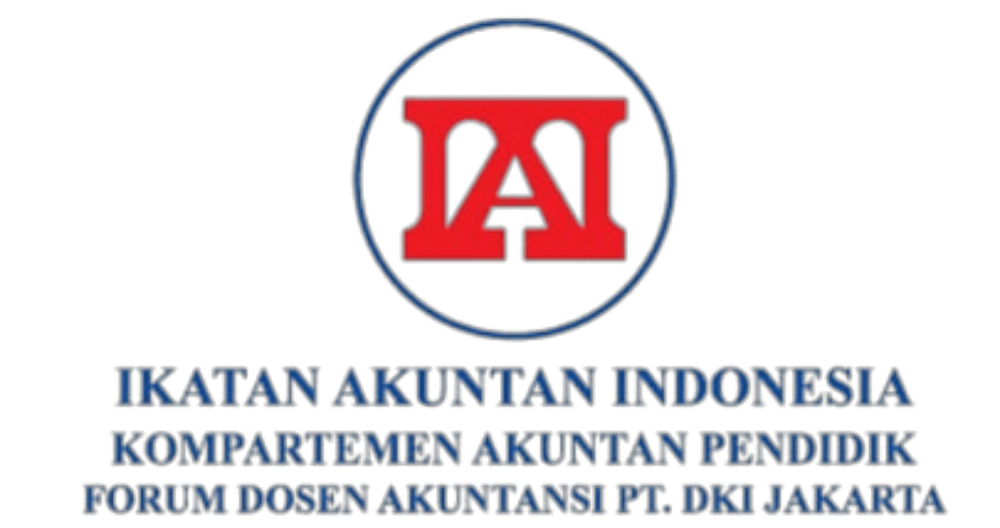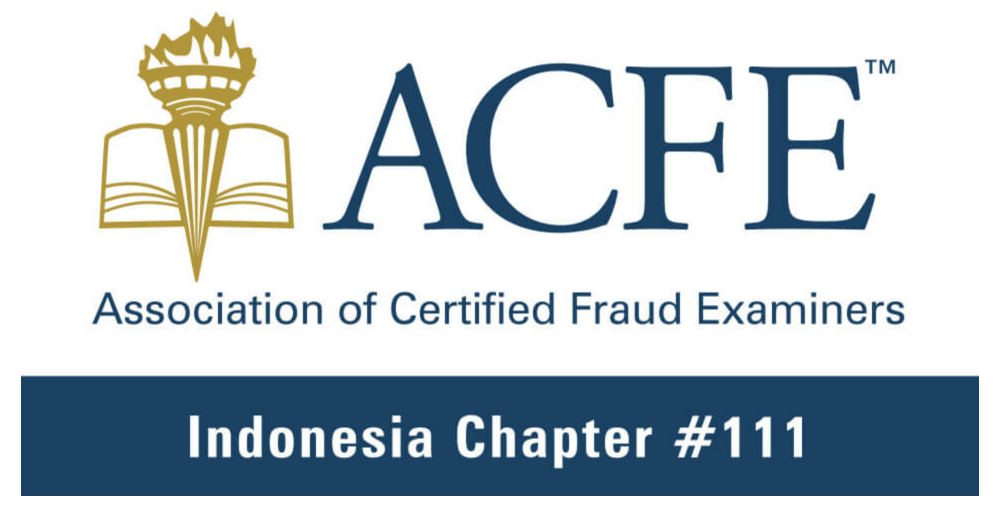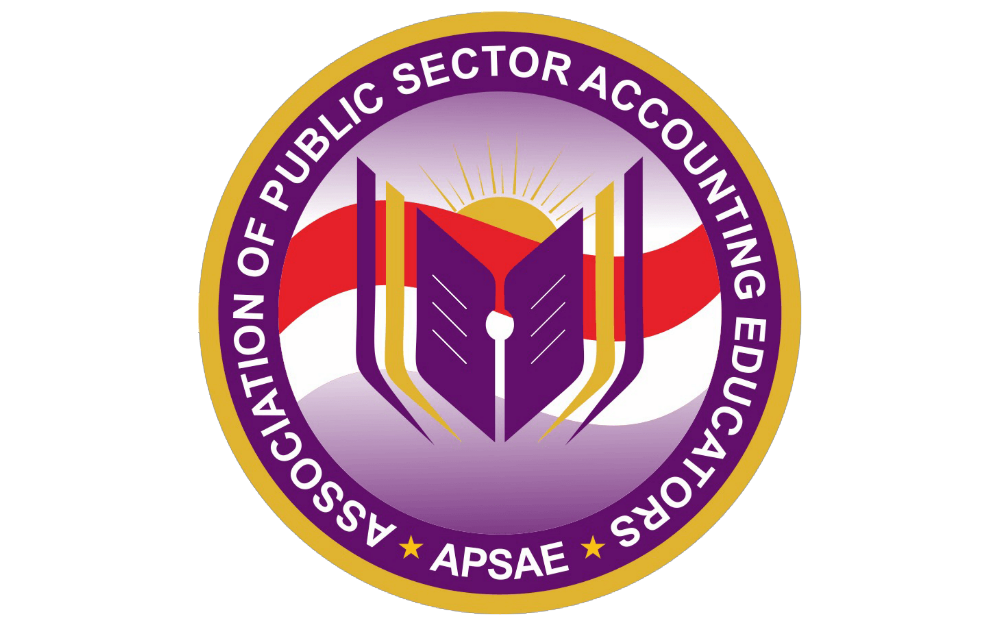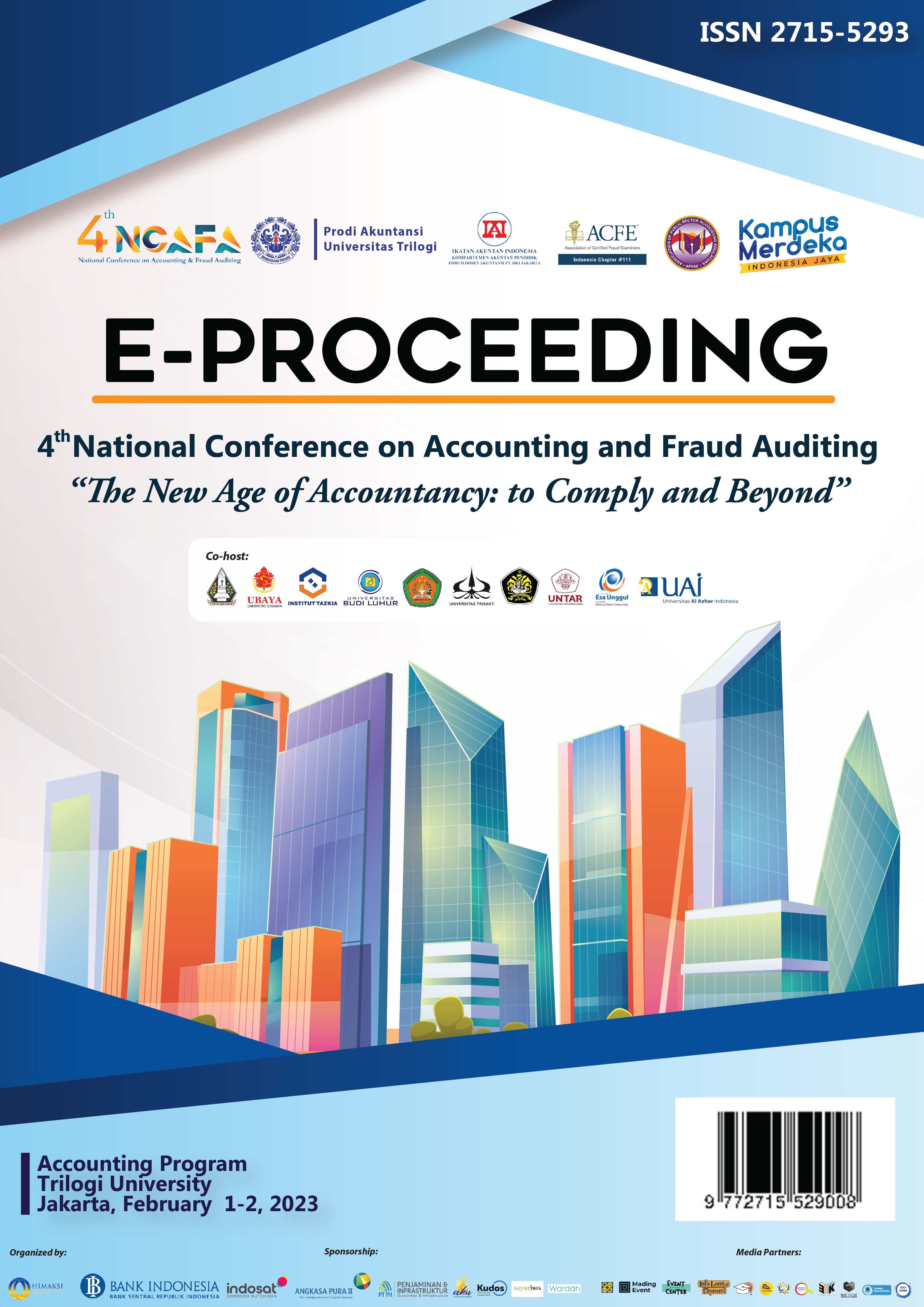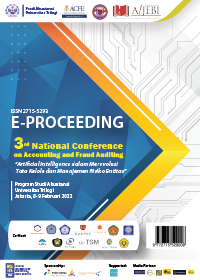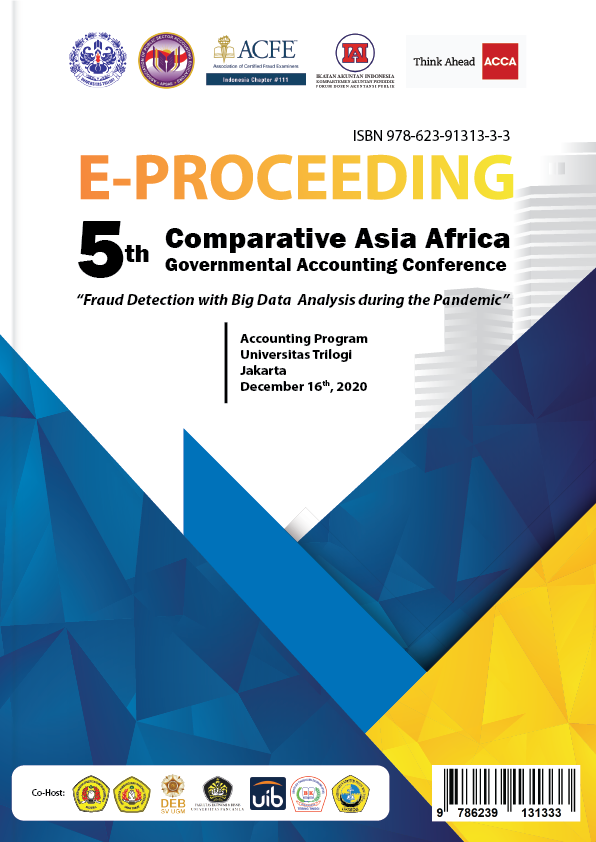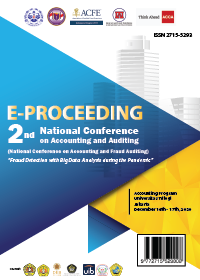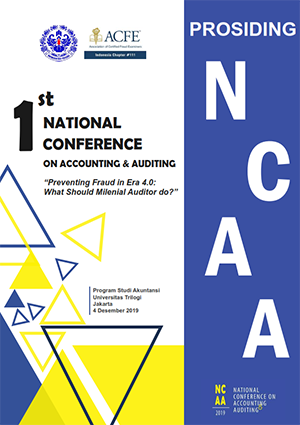UNINTENDED OUTCOME IN IMPLEMENTING PUBLIC SECTOR ACCOUNTING REFORMS IN ACHIEVING GREATER ACCOUNTABILITY OF GOVERNMENT
Abstract
This article describes and shows the development of public sector accounting reforms in Indonesia in strengthening accountability, and creating transparency concerning public sector accounting to help promote better governance. This article also provides insight into the application of New Public Management Practices (NPM) in Indonesia, including the introduction of an accrual accounting system for local governments. The application of NPM practices is part of the political, economic, and public sector reforms introduced after 1998, which addresses the background and barriers to reform and the nature of the accrual accounting system adopted by Indonesian local governments. The main contribution of this study is to show how the political traditions of a nation accept the adoption of New Public Management Practices (NPM) and engage the wider public in discourse about accounting reform in the public sector. The results of our observations indicate that the development of public accounting reforms cannot be maximized because it is hindered by a lack of staff with adequate accounting skills and shows undesirable results due to the rush to copy public sector financial management techniques from different country contexts, especially when there are differences of opinion significant regarding the precise design of these reforms among influential policy-making institutions. Apart from that, this study also provides an understanding of the public sector reform society in the context of a diverse nation that has long been subject to colonialism and military leadership. The problem is rooted in the central government being reluctant to modernize the human resource management systems used in local governments and rapid changes in the rules imposed by the central government regarding local government accounting systems. In other words, the new reporting rules have not been supported by the appropriate modernization of the human resource management system. Even though Indonesia has introduced a decentralization policy for local governments, reporting and human resource management are still controlled by the central government. Our Government needs to recognize the need for modern human resources and a new public management system to make this change work.
Keywords: Accounting Reform, Public Accounting Sector, New Public Management, Unintended Outcome
Full Text:
PDFReferences
Bastian, Indra. (2007). Akuntansi Sektor Publik Suatu Pengantar, Penerbit Erlangga.
Djamhuri, A. (2006). New Public Management, Accounting Reform, And Institutional Perspective of Public Sector Accounting In Indonesia. Jurnal Bisnis dan Akuntansi. https://doi.org/10.34208/jba.v8i3.240
Harun, H., Van-Peursem, K., & Eggleton, I. R. C. (2015). Indonesian public sector accounting reforms: Dialogic aspirations a step too far? Accounting, Auditing, and Accountability Journal. https://doi.org/10.1108/AAAJ-12-2012-1182
Harun, H., An, Y., & Kahar, A. (2013). Implementation and challenges of introducing NPM and accrual accounting in Indonesian local government. Public Money and Management. https://doi.org/10.1080/09540962.2013.817131
Hasthoro, H. A., & Sunardi. (2016). Tata Kelola Publik dan Kinerja Keuangan Pemerintah Daerah di Indonesia. Jurnal Ekonomi Dan Bisnis, 19(1), 53–67.
Jones, Rowan., & Pendlebury, M. (2010). Public Sector Accounting 6 Edition.Prentice Hall Pearson Publishing.
Junaidi. (2015). Perlakuan Akuntansi Sektor Publik Desa Di Indonesia. Jurnal NeO-Bis.
Kariyoto, K. (2018). Persepsi Akuntansi Sektor Publik versus Akuntansi Pemerintahan. Jurnal Ilmiah Bisnis Dan Ekonomi Asia. https://doi.org/10.32812/jibeka.v11i2.56
Mardiasmo. (2006). Perwujudan Transparansi dan Akuntabilitas Publik Melalui Akuntansi Sektor Publik: Suatu Sarana Good Governance. Jurnal Akuntansi Pemerintah.
McLeod, R. H., & Harun, H. (2014). Public Sector Accounting Reform at Local Government Level in Indonesia. Financial Accountability and Management. https://doi.org/10.1111/faam.12035
Merthajaya, I. M. L. (2019). Perlakuan Akuntansi Sektor Publik Desa. Gorontalo Accounting Journal. https://doi.org/10.32662/gaj.v2i1.464
Moussa, M., A. McMurray, dan N. Muenjohn. (2018). A Conceptual Framework of the Factors Influencing Innovation in Public Sector Organizations. The Journal of Developing Areas 52 (3): 231-242.
Narsa, N. P. D. R. H. (2018). Inovasi Pelayanan: Telaah Literatur Perbandingan Sektor Privat dan Sektor Publik. Berkala Akuntansi Dan Keuangan Indonesia. https://doi.org/10.20473/baki.v3i2.9871
Puspawati, A. (2016). Penerapan New Public Management (NPM) di Indonesia (Reformasi Birokrasi, Desentraslisasi, Kerjasama Pemerintah dan Swasta Dalam Meningkatkan Pelayanan Publik)Perspectives in Management. PUBLISIA, 1(1), 38-53.
Rizky, H. P., & Setiawan, D. (2019). Perkembangan Penelitian Akuntansi Sektor Publik di Indonesia. Assets: Jurnal Akuntansi Dan Pendidikan. https://doi.org/10.25273/jap.v8i2.4647
Satrio, M. D., Yuhertiana, I., & Hamzah, A. (2016). Implementasi Standar Akuntansi Pemerintah Berbasis Akrual di Kabupaten Jombang. Jurnal Akuntansi Dan Keuangan, 18(1), 59–69. https://doi.org/10.9744/jak.18.1.59-70
Sayidah Nur, et al. (2015). "Implementasi Konsep New Public Management Di Dinas Koperasi Dan UMKM Kota Surabaya". Jurnal Akuntansi & Auditing, Vol. 12 No. 1, pp. 39-52.
Suparman, M., Siti-Nabiha, A. K., & Phua, L. K. (2015). Public sector accounting reforms: Assessing Indonesia’s readiness towards implementing accrual accounting. Problems and Perspectives in Management.
Suwarno, Yogi. (2008). Inovasi di Sektor Publik. Jakarta: STIA-LAN Press.
DOI: https://doi.org/10.31326/.v2i2.778
Refbacks
- There are currently no refbacks.

